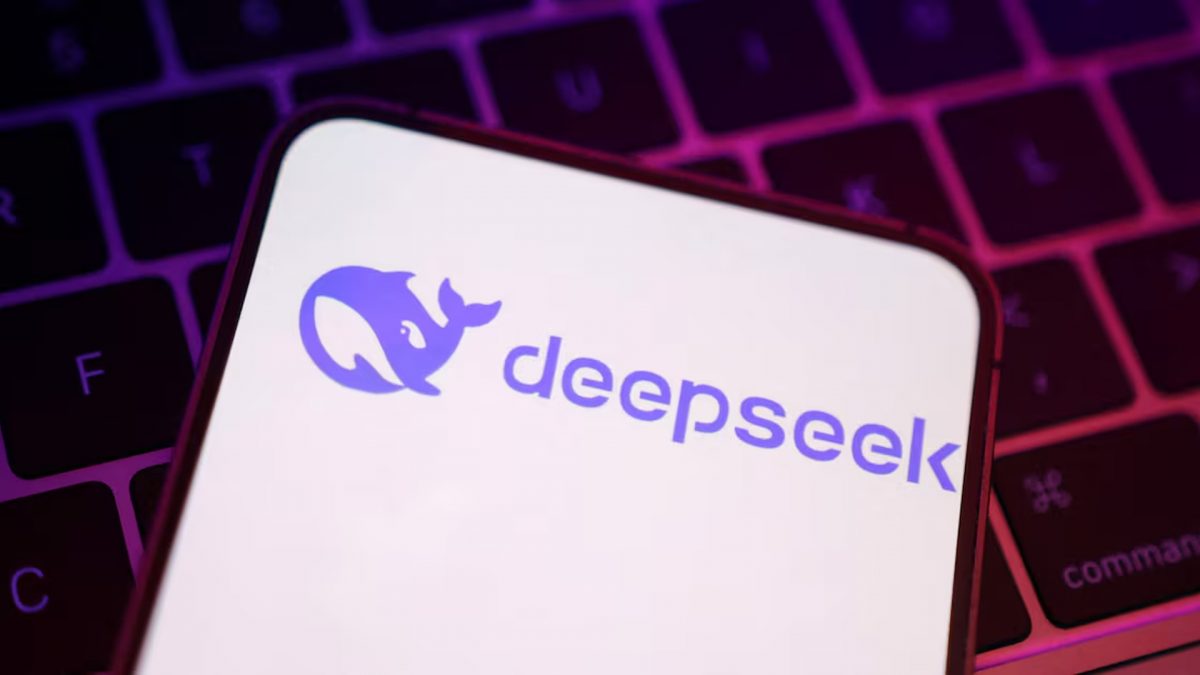A new AI player, DeepSeek, emerged on the scene this week, sending ripples through the tech world. The launch of this Chinese-developed chatbot has caused a massive stir, with its impressive performance raising serious questions about the future of the AI race.
Investors were quick to react, resulting in a significant drop in global tech stocks—particularly in the US. The emergence of DeepSeek which is being seen as a competitor to OpenAI’s ChatGPT, has certainly caught tech companies in Europe, Australia and the US off guard.
The tech-heavy Nasdaq Composite plunged by 3.1 per cent, with over $1 trillion wiped off its value. As the implications of DeepSeek’s R1 model set in, the markets took a hit, particularly in companies like NVIDIA, which suffered a loss of over $700 billion in market value. In the aftermath, Apple surpassed NVIDIA to become the most valuable company in the US, and other tech giants like Google and Microsoft also saw significant losses, as per a report by The Guardian.
A new challenger to OpenAI
DeepSeek’s AI model has stunned the tech world with its capabilities, which are said to rival, and sometime even surpasss OpenAI’s ChatGPT but at a fraction of the cost. The company claims to have achieved this by using less powerful chips, specifically NVIDIA’s H800, which are cheaper to produce. The success of DeepSeek’s AI assistant—topping the app store charts in both the US and UK—has prompted some investors to reconsider their faith in US-led AI companies. The fact that DeepSeek was able to develop such an advanced model without access to the most cutting-edge US technology has raised eyebrows and triggered doubts about the effectiveness of US sanctions aimed at curbing China’s tech growth.
Despite the restrictions, DeepSeek was able to build an impressive AI model using resources that were less expensive and less powerful than what competitors typically rely on. This has left many questioning the need for huge investments in AI infrastructure and technology, particularly when results can be achieved with fewer resources.
The impact on AI investment strategies
What’s really grabbed attention is the cost difference. DeepSeek reportedly spent just $5.6 million on developing its R1 model, which is far cheaper than the $100 million to $1 billion estimated to develop similar models in the West. DeepSeek’s approach challenges the traditional model of AI development, where companies invest billions in top-tier chips and hardware to create powerful AI systems. By using cheaper chips and focusing on innovative algorithms, DeepSeek has made a strong case for low-cost, high-performance AI.
This development has raised questions about the sustainability of AI spending in the West. Goldman Sachs had previously cautioned investors on the potential overvaluation of AI investments, and DeepSeek’s low-cost success has only added fuel to the fire. The AI sector, which has been powered by massive investments in recent years, may now need to reassess whether these huge sums are really delivering the promised returns.
A global ripple effect
The effects of DeepSeek’s rise weren’t just felt in the US; markets across the globe saw a ripple effect. European and Asian stocks also took a hit, with companies like ASML and Siemens Energy seeing their values drop. Even NVIDIA’s suppliers in Japan, including Disco and Advantest, saw losses.
Despite the negative impact on the market, some experts are seeing DeepSeek’s success in a positive light. The company’s decision to make its models open source, which could democratise access to advanced AI technology. By making the models free to use, DeepSeek is allowing smaller companies, researchers, and even hobbyists to experiment and innovate in AI without needing vast financial resources.
The launch of DeepSeek has disrupted the AI landscape, proving that significant strides in AI can be made without huge financial backing. While the US may still be a key player, this new Chinese challenger has demonstrated that innovation in AI doesn’t always need to come with a hefty price tag.


)

)
)
)
)
)
)
)
)



